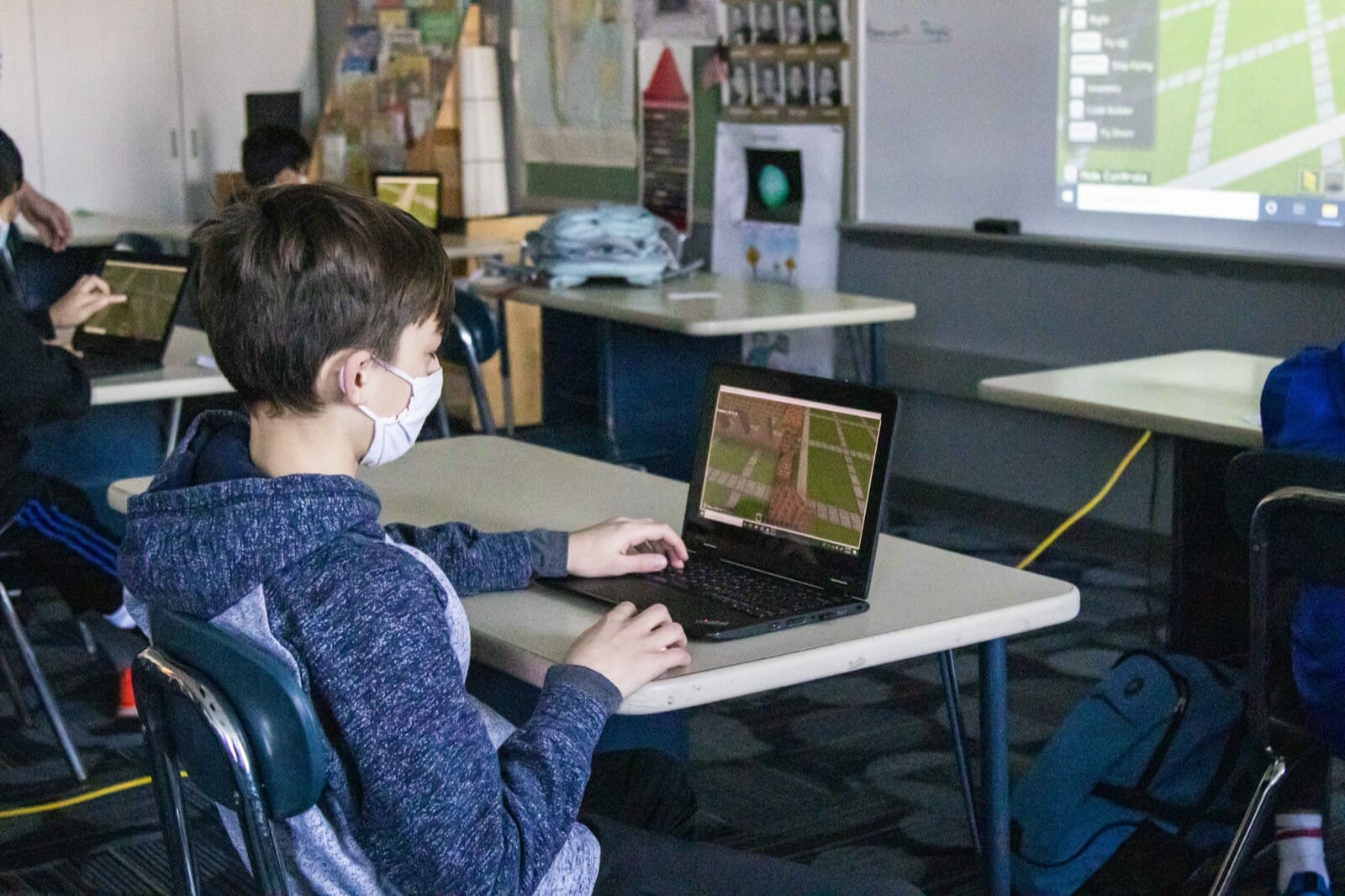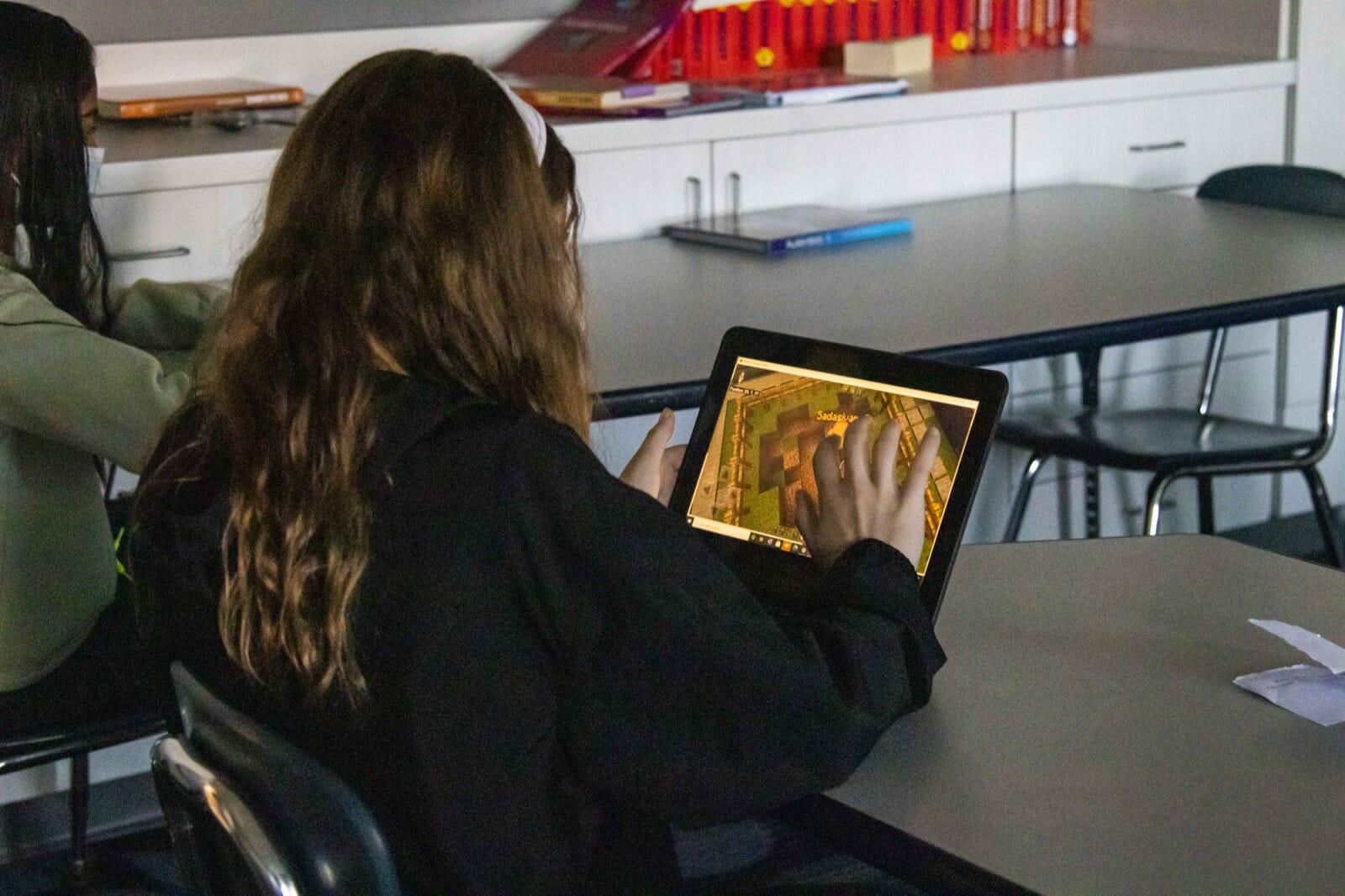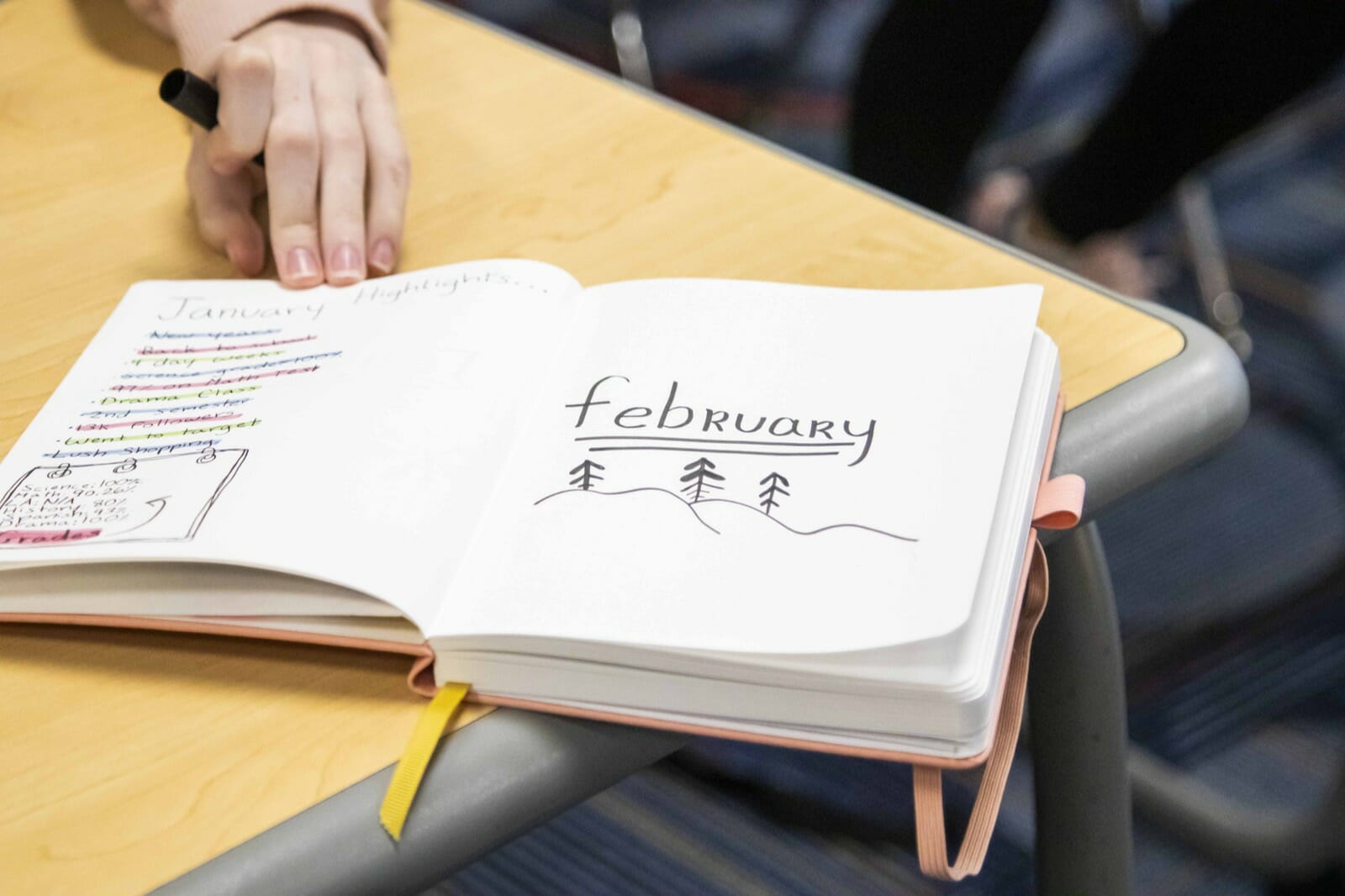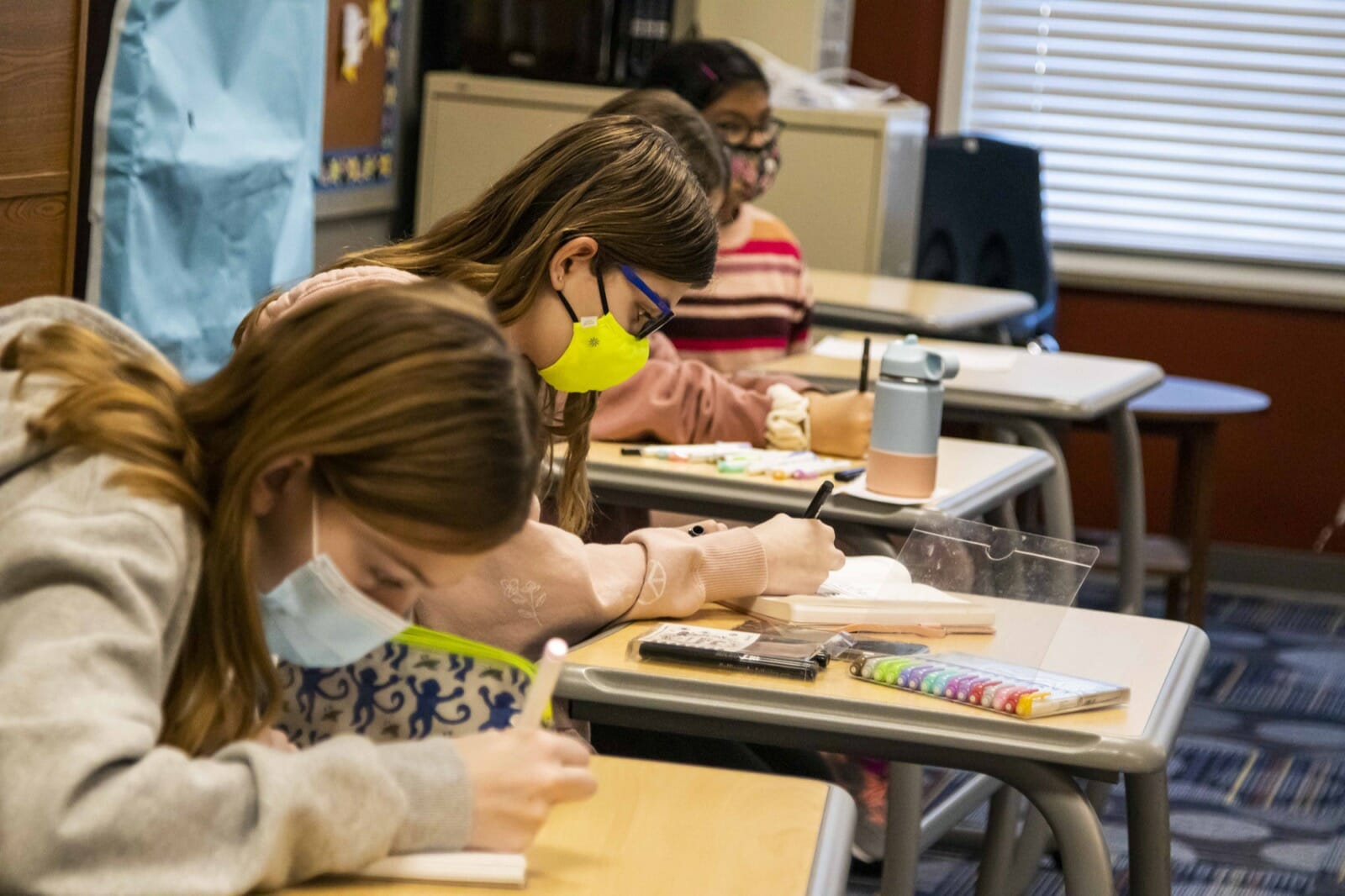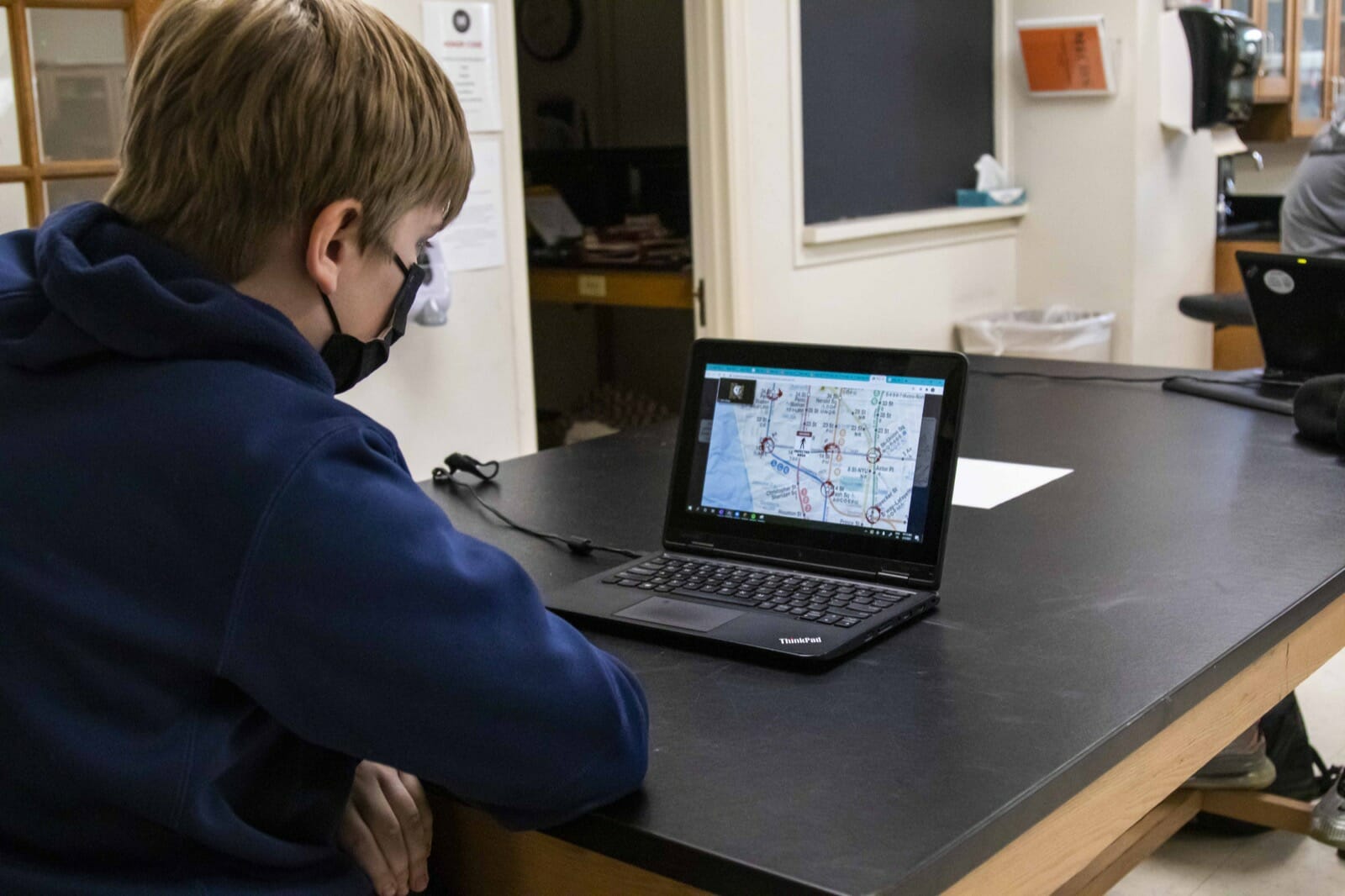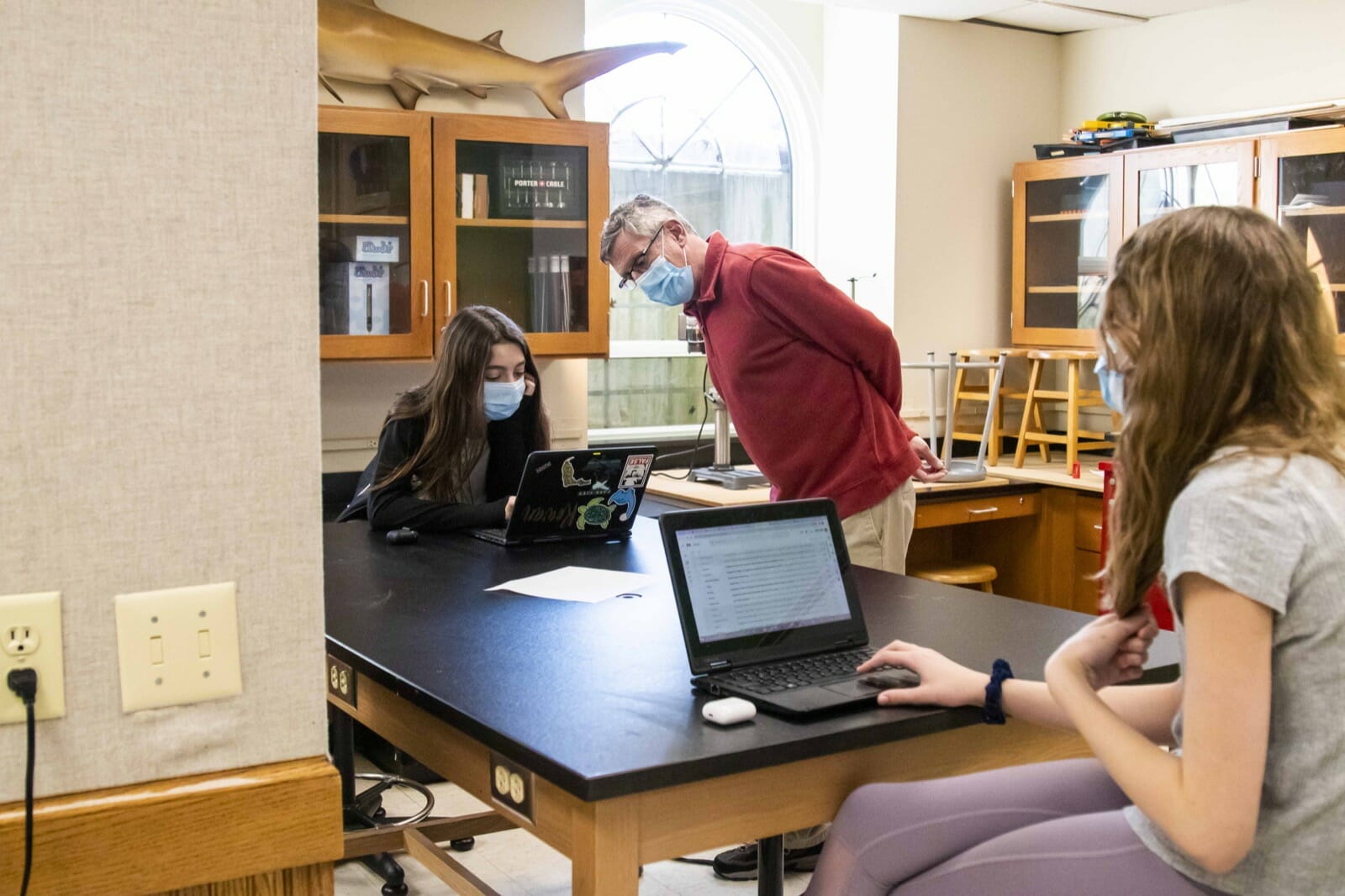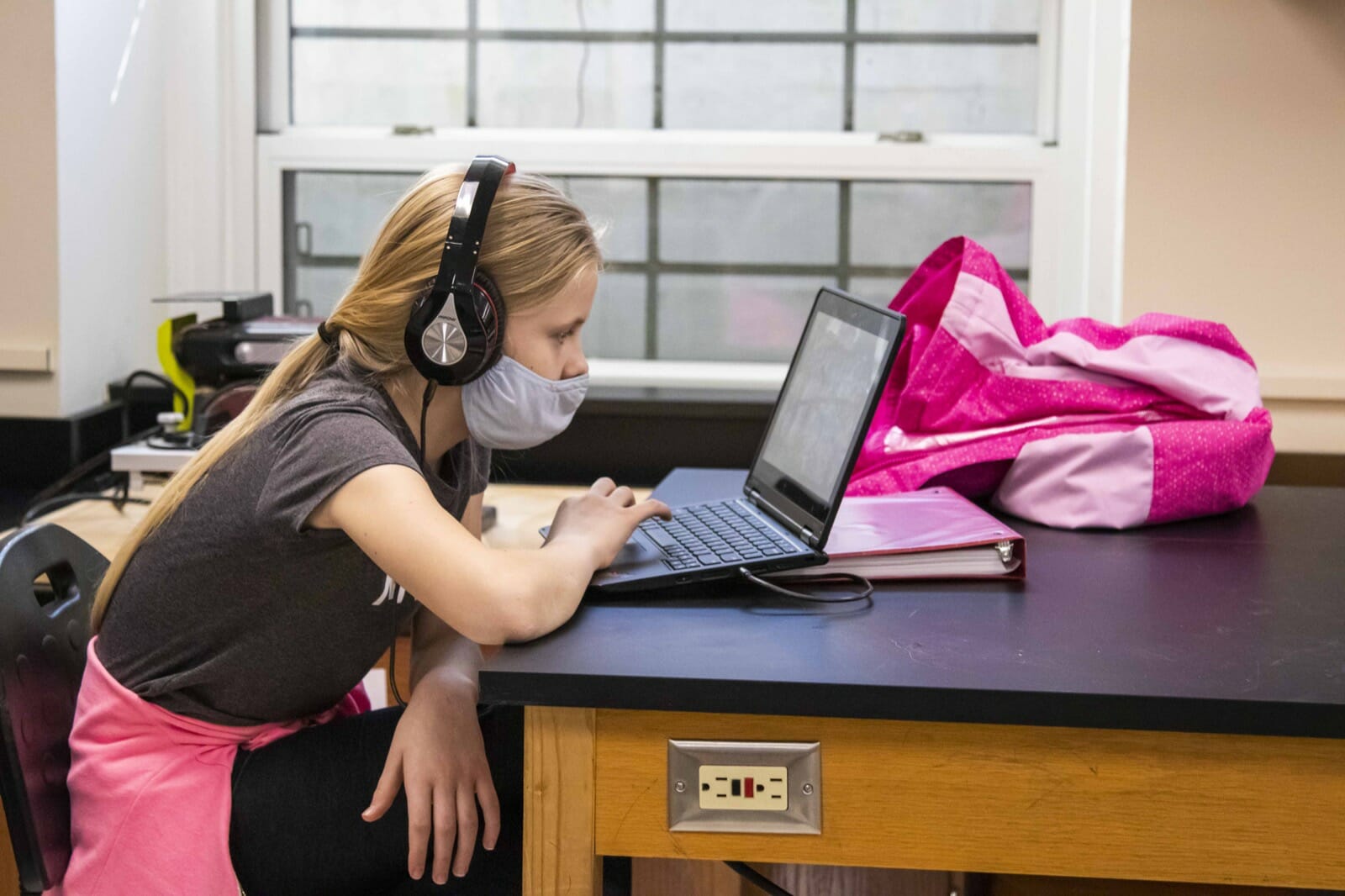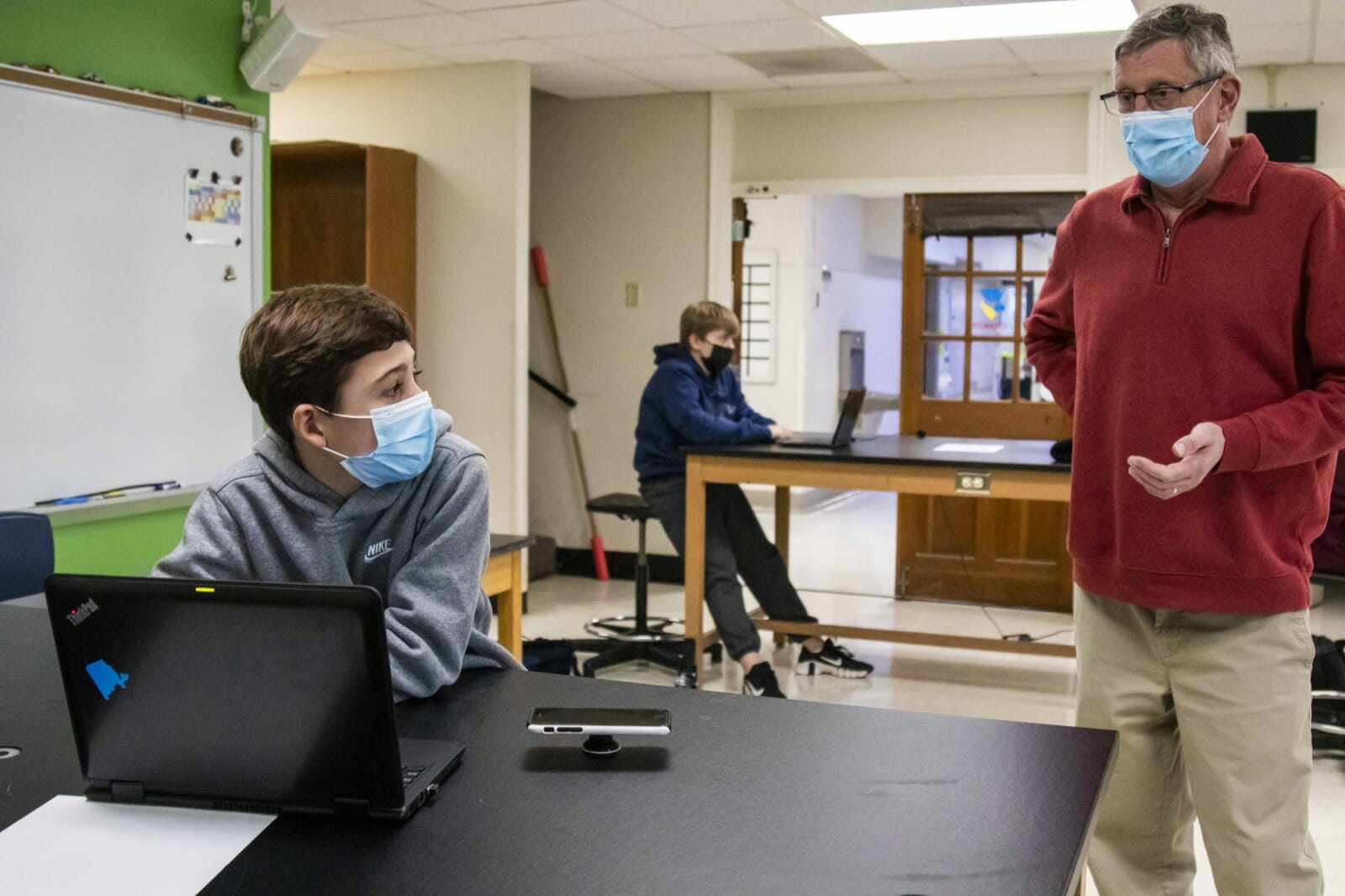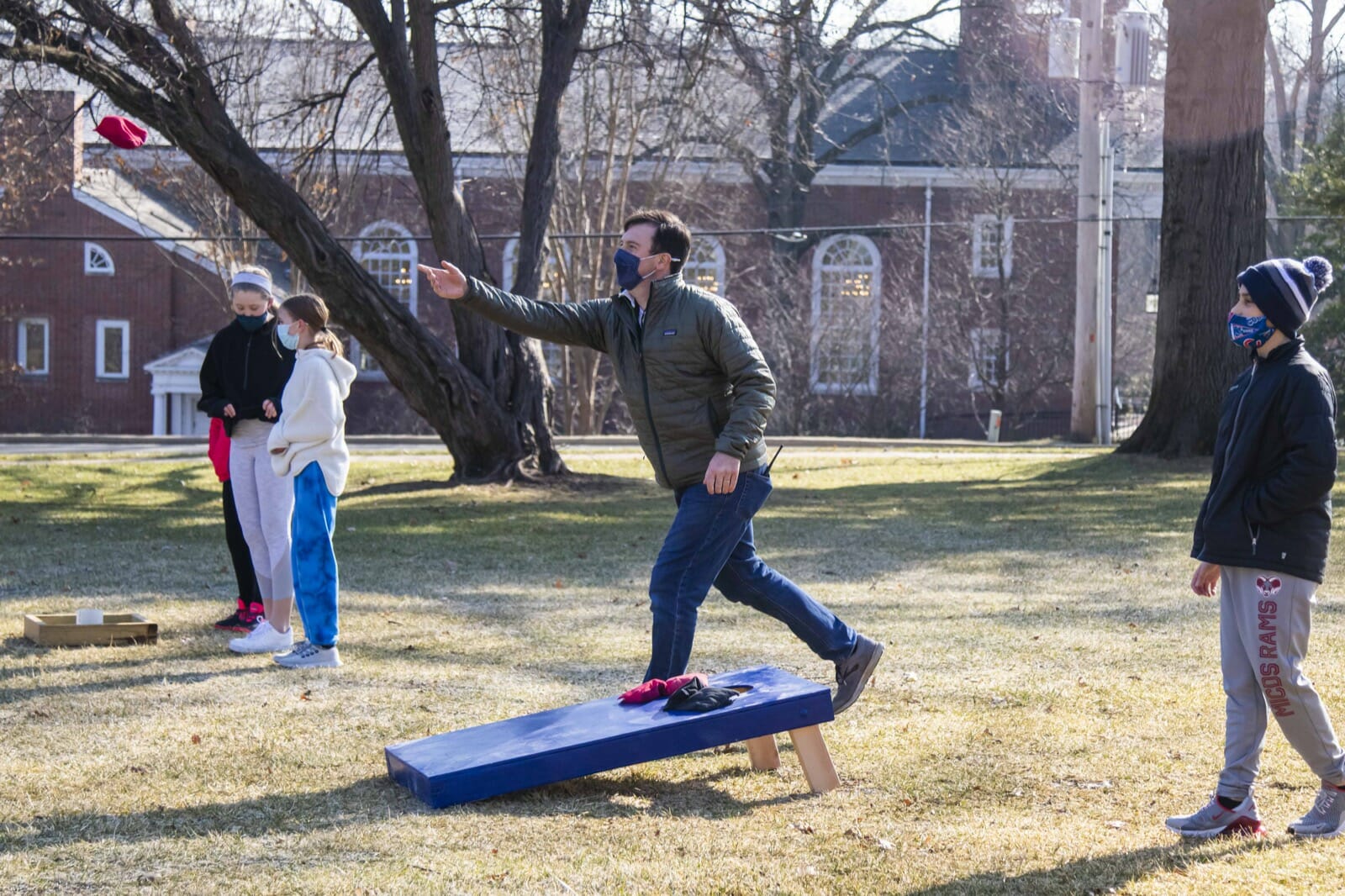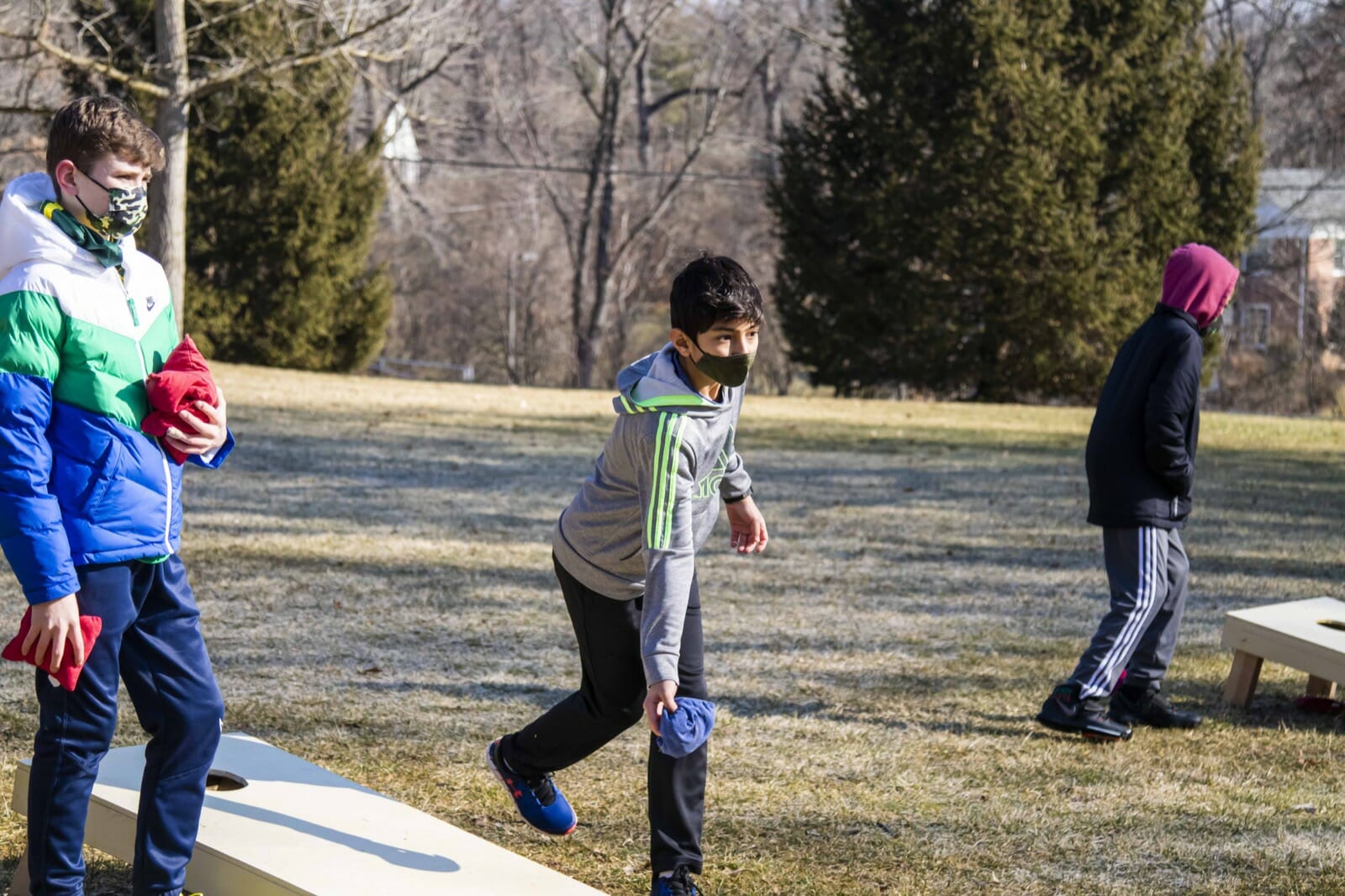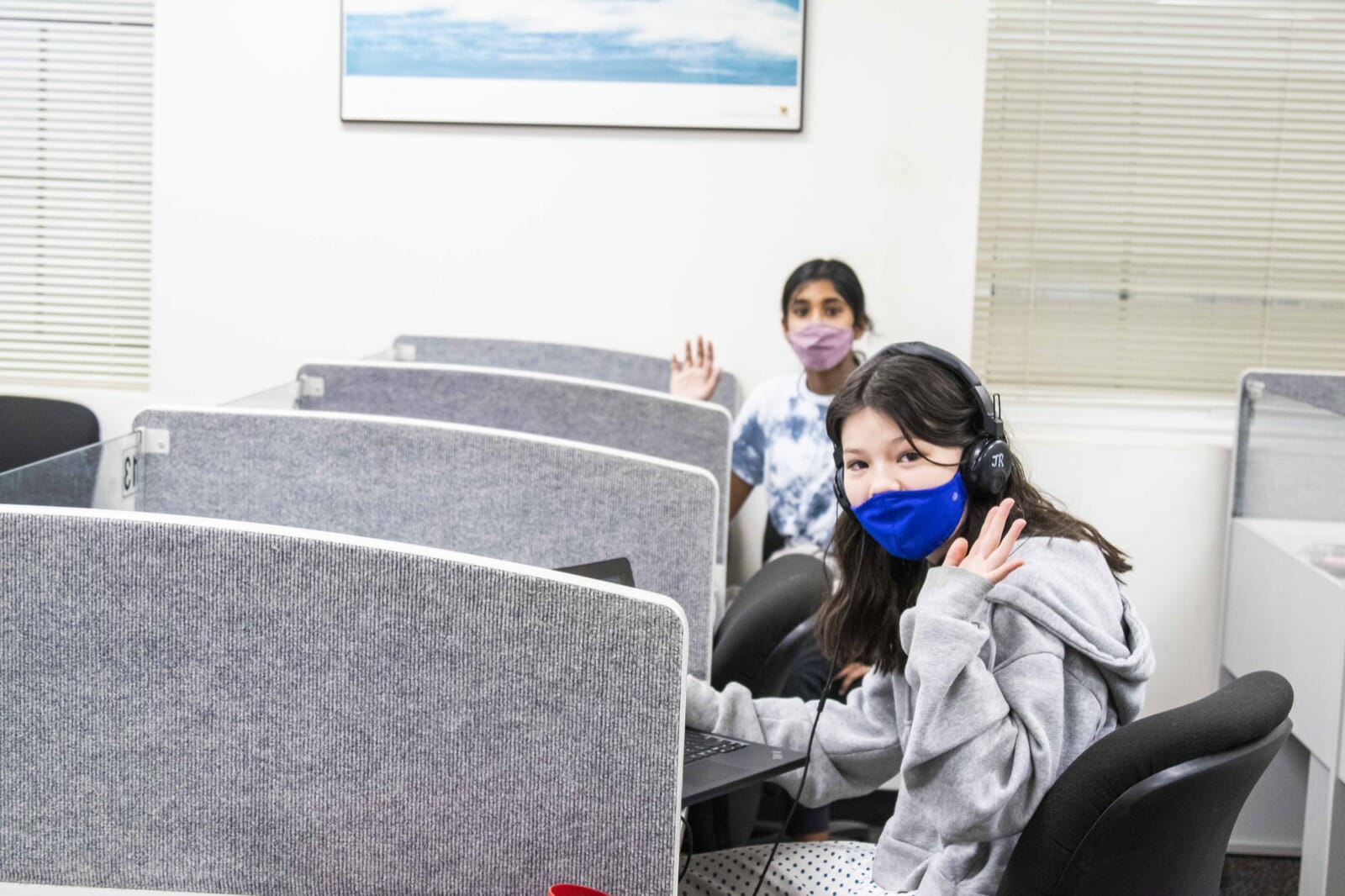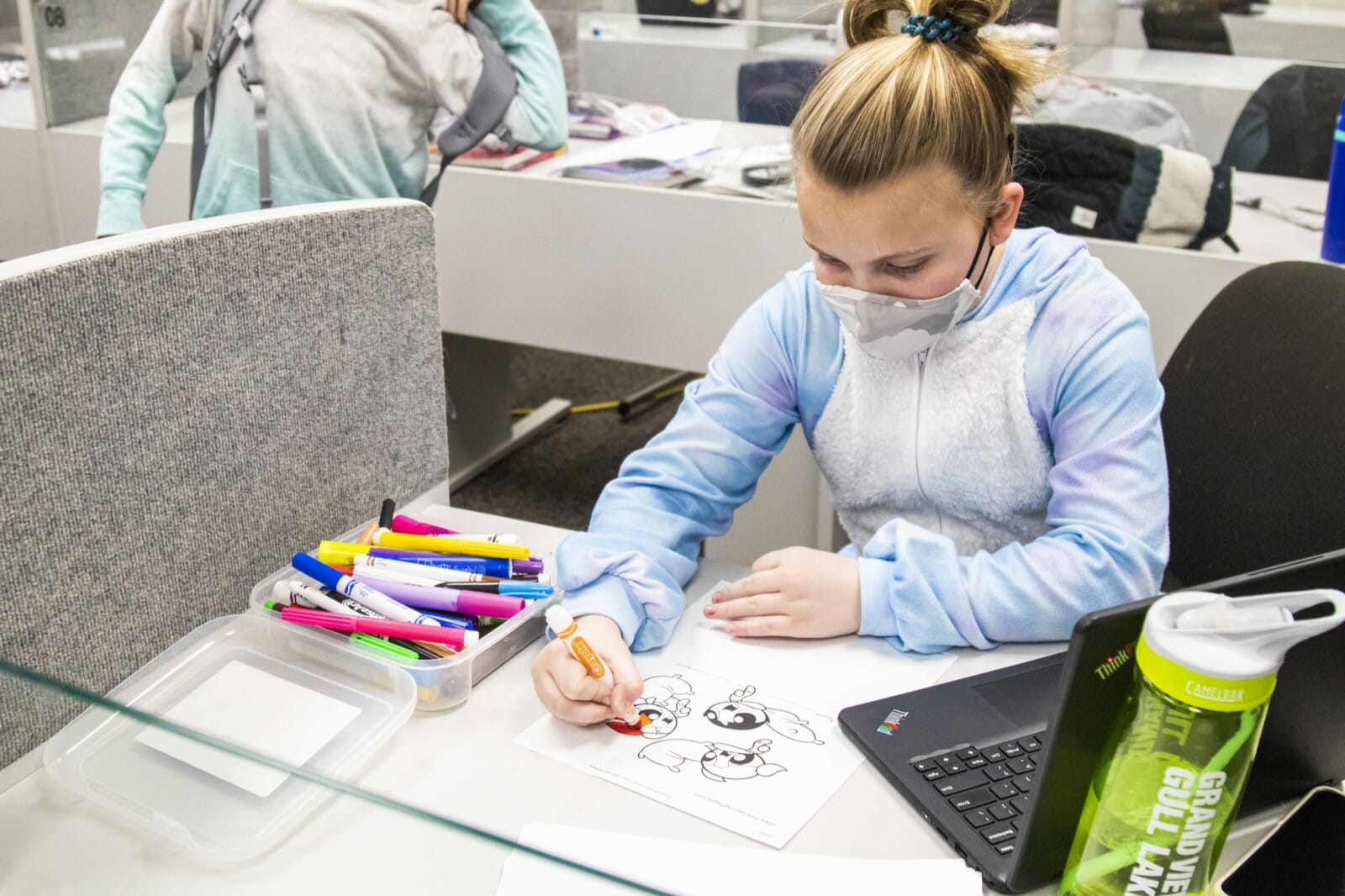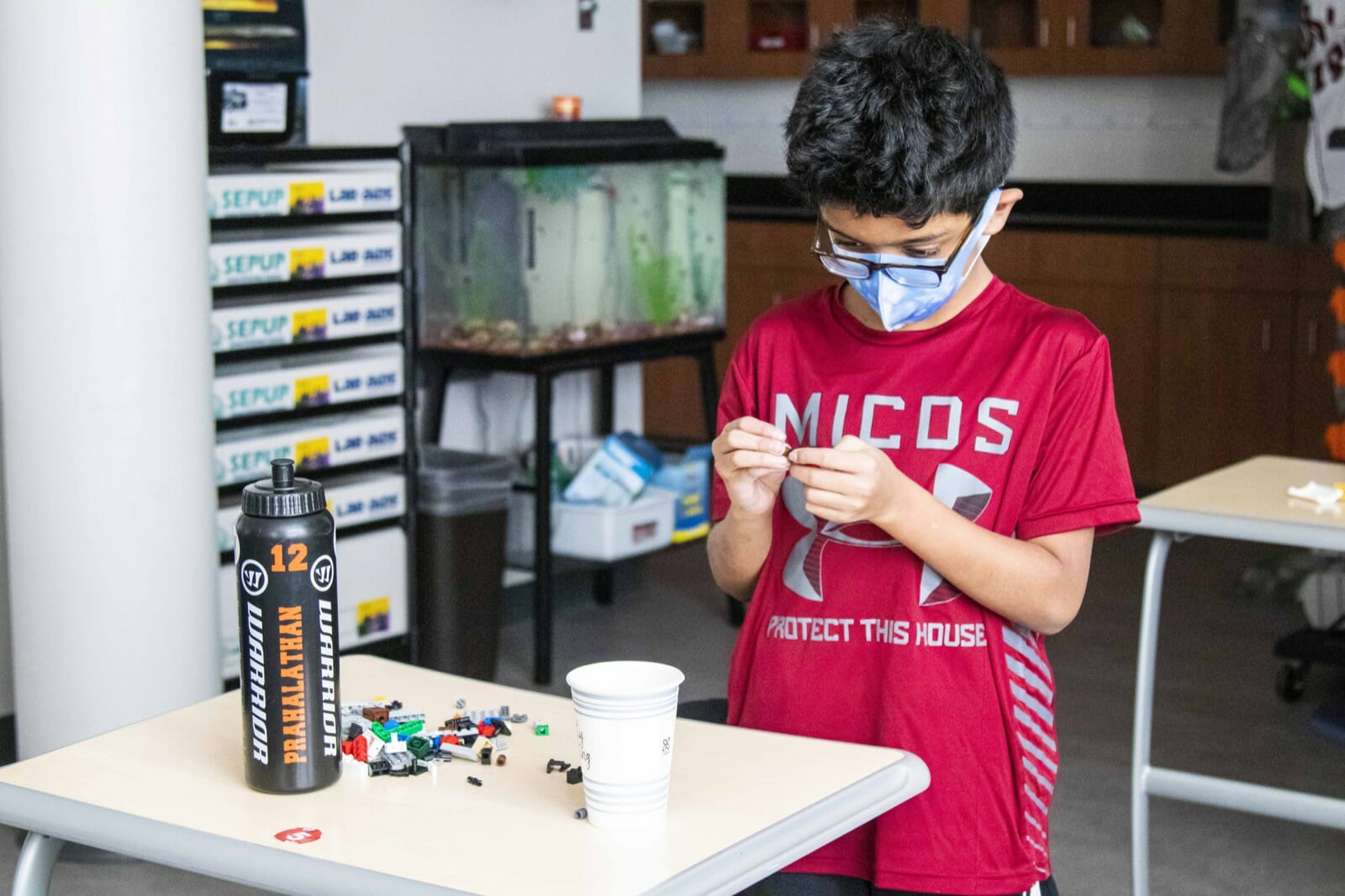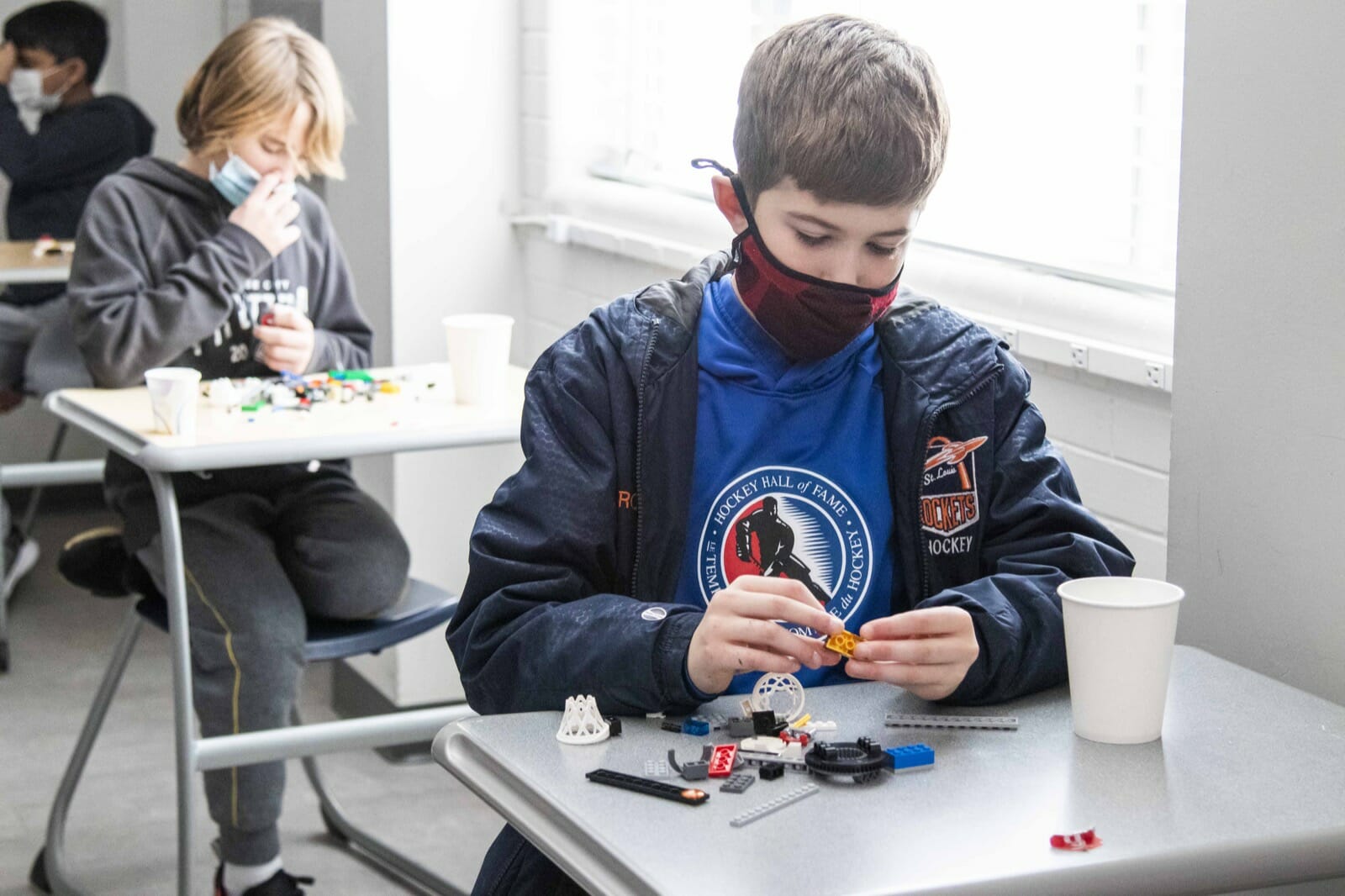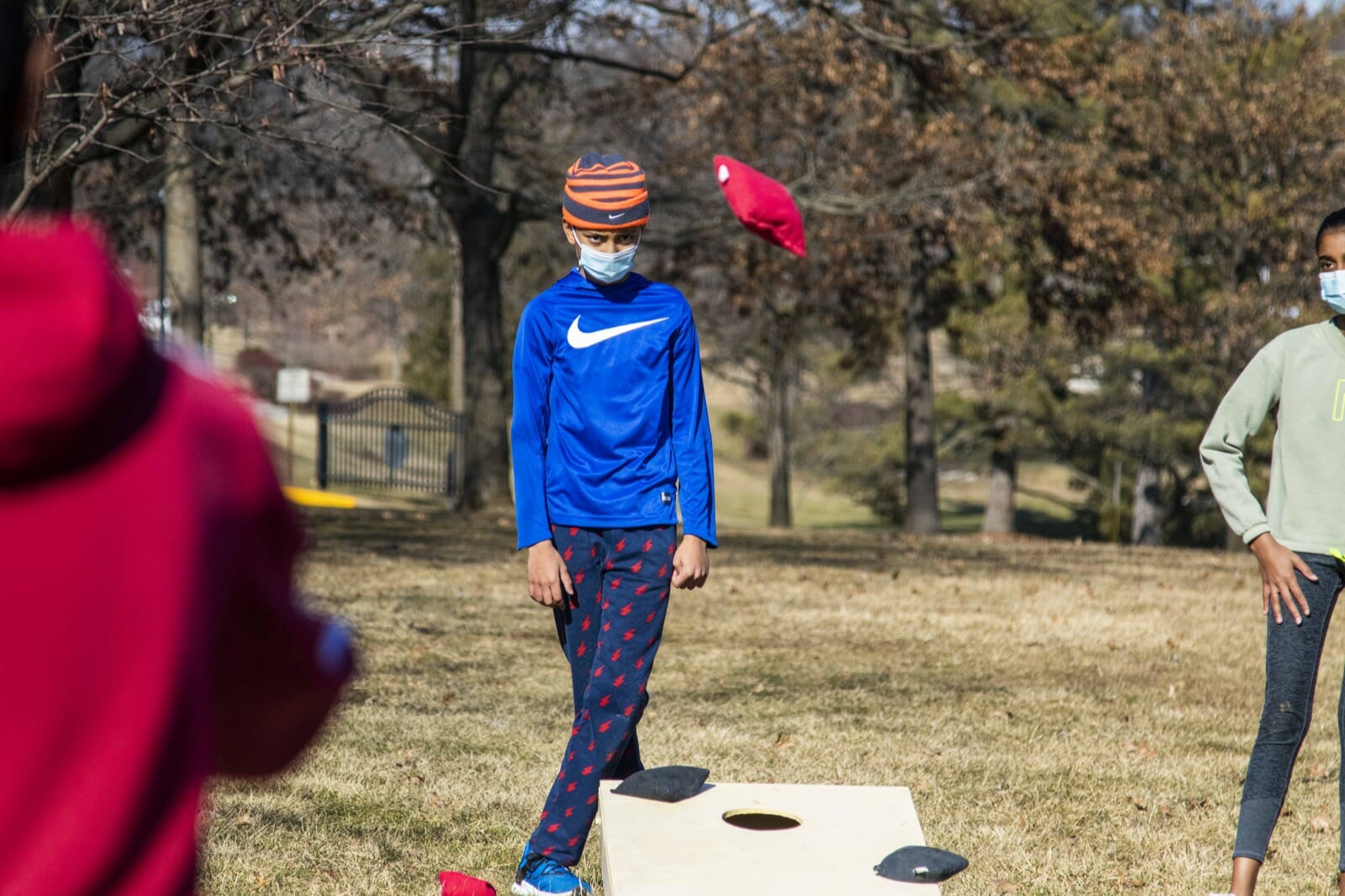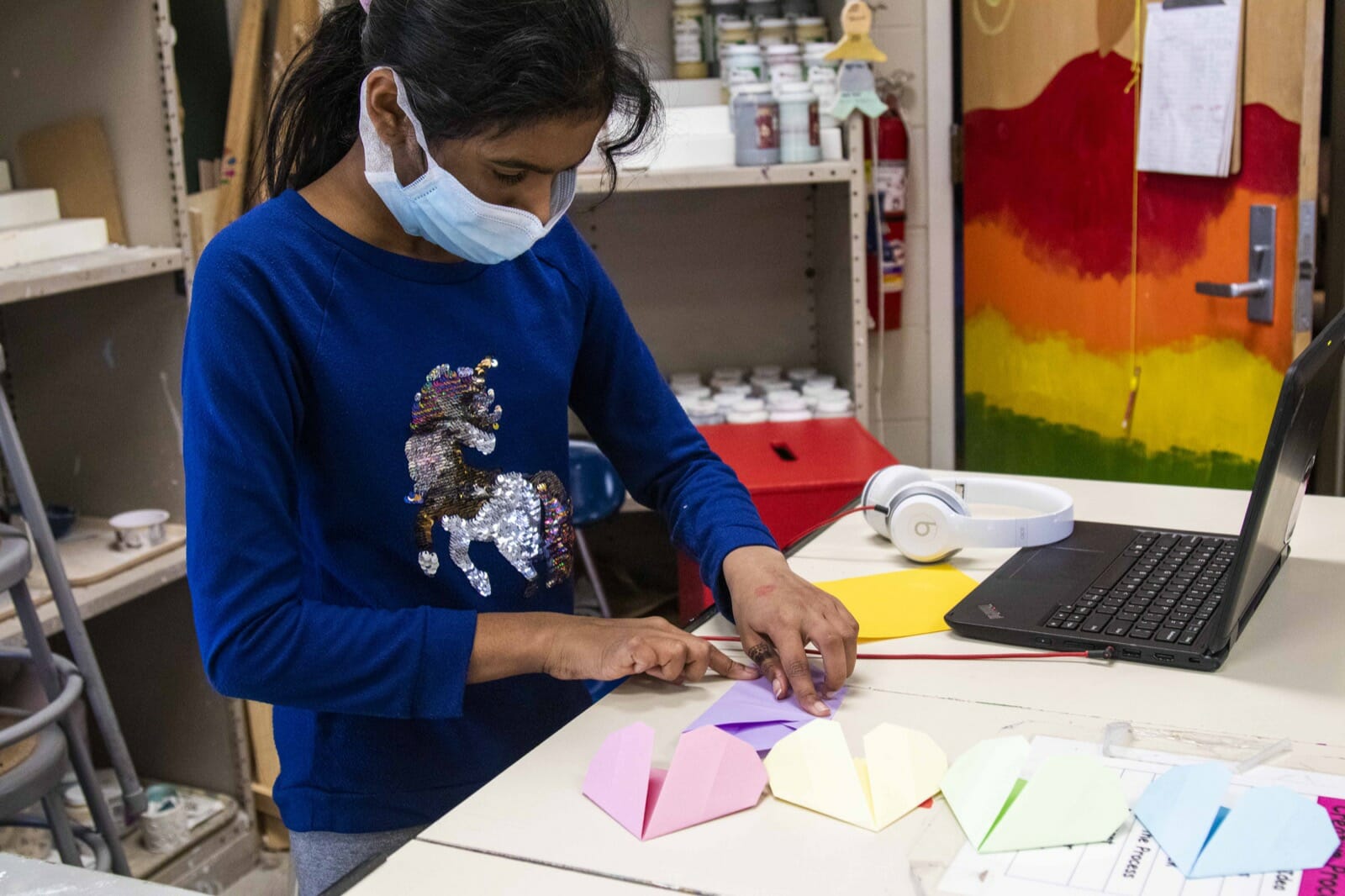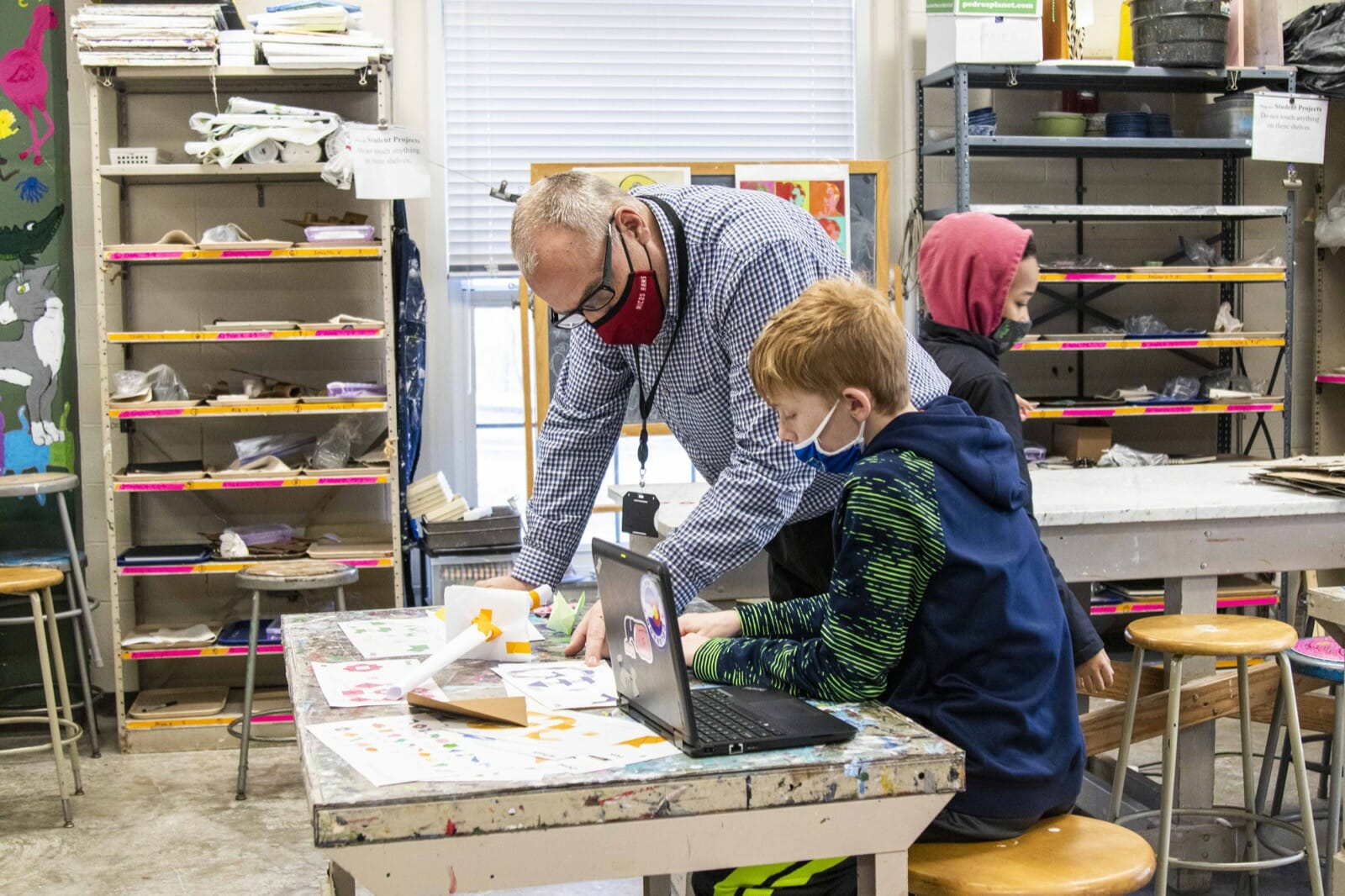On the minds and hearts of all parents and teachers is how the pandemic affects our children and students. World events are changing many aspects of everyday life, school days included. With different routines at home and school, it’s essential to provide opportunities to rest the brain. To that end, Middle School Counselor Taquera Walker recently designed a Mental Health Day for 5th, 6th, and 7th grade students. The day included age-appropriate activities and discussions to help students understand the importance of emotional, psychological, and social well-being and, in the process, to learn about themselves and how to take care of their mental health.
Walker shared, “Mental health affects how we think, feel, and act. It also helps determine how we handle stress, relate to others, and make choices. Mental health is important at every stage of life, from childhood and adolescence through adulthood.”
Each grade level had a unique schedule of activities and presentations along with time for reflections, opening up with classmates, and learning about what anxiety, stress, and depression can do to minds and bodies. Students enjoyed three different activities of their choosing. From reading and escape rooms to Minecraft and origami, there was something for everyone. The day wrapped up with all classes and cohorts watching the Pixar film Inside Out. Walker also introduced the students to mindfulness practices to bring self-awareness in noticing emotions in their brains and bodies and making conscious choices to improve their feelings.
Students then attended a virtual session with CHADS Coalition for Mental Health where they learned about the warning signs and symptoms of depression and suicide and the ACT® (Acknowledge, Care, Tell) program. The interactive presentation included a review of mental health resources.
Walker’s presentation to students included frequently-used terms when discussing mental health:
Emotions
Emotions are how we feel about an experience. The word “feel” is used because our bodies have physical feelings when we get angry or sad. Even when we feel happy, our bodies create a physical sensation, so emotions don’t just live in our brains. Smelling food can trigger our intuitive sense of becoming hungry, or we may look at the sunshine, which inspires us to feel happy. Other emotional triggers can cause us to feel grumpy, confused, lonely, or confident.
Coping Skills
Coping skills can help us deal with more complicated emotions. Think about what makes you angry, sad, happy, excited, or disappointed, and ask yourself how you cope with those feelings. Examples of coping skills might include journaling, drawing, playing Minecraft, or going outside. They can also involve talking to a friend, talking to a teacher, or singing in the shower!
Stress
Stress is how the brain and body respond to any demand. Stress is the feeling of knowing you have something to complete or accomplish and often demands a large part of our attention. Stress can be useful if we know how to use it to become proactive instead of reactive, but it can take over when we fail to plan, identify our needs, and act on those needs to alleviate our stress. Symptoms can include tummy aches, headaches, or trouble sleeping. Recognizing stress is the first step to achieving relief.
Anxiety and Depression
A simple definition of anxiety is a feeling of worry or fear about an event or outcome of an event. Anxiety begins to cause trouble when it consumes our every thought, and it can be overwhelming and debilitating. Instead of avoiding anxiety, learning skills to manage, cope, and even reduce the activities that cause it can be helpful. Sometimes, anxiety can feel massive inside other people, so we may not understand another person’s anxiety compared to our own. It’s the same with depression. Depression is feeling very sad for an extended period, and the things that used to make you feel happy don’t anymore.
Supporting each other was another key theme for the day. Walker said, “I encouraged students to show respect to one another by listening and offering support and encouragement as a meaningful exchange. I also reminded them to allow their friends space if they need it, would like to be alone, or if they would like to hang out or eat lunch with someone new.”
Teachers and students alike found the day fun, relaxing, and meaningful to their well-being.
“It was a great day to relax with students where the number one goal was to have fun and be together outside of the academic classroom. Students and teachers were more at ease, and you could feel the calmness in the halls and the activities. I think we should do one mental health day each semester.” – 6th Grade Dean Mark Duvall
“It was kind of like a chill day without as much pressure from tests and quizzes. I feel happier and less stressed out to take our minds off school for just one day.” – Elle Faerber ’28
“I thought the day held a good balance for the students of learning about mental health and strategies to manage emotions along with actually taking time to use these strategies, such as playing with LEGOs.” – Middle School Science Teacher Branson Lawrence
“I like how we can escape from school but at the same time get help from other people about our mental health.” – Lydia Brown ’28
When reflecting on the day’s activities, Walker shared, “I spent a lot of time interacting individually with many students, which I don’t often get to do. The students repeatedly asked if we could have more days like this. They invested in the learning pieces and their activities, and along with beautiful weather outside, I’m glad we got to have this day!”
Note: Eighth grade will participate in their Mental Health Day on March 10th.
For a mental health crisis, please contact one of the following:
St. Louis Youth Connection Helpline
Call: 1-877-928-2929 Text: 4HLP to 31658
National Suicide Prevention Lifeline
Call: 1-800-273-8255 Chat: Suicide Prevention Lifeline

